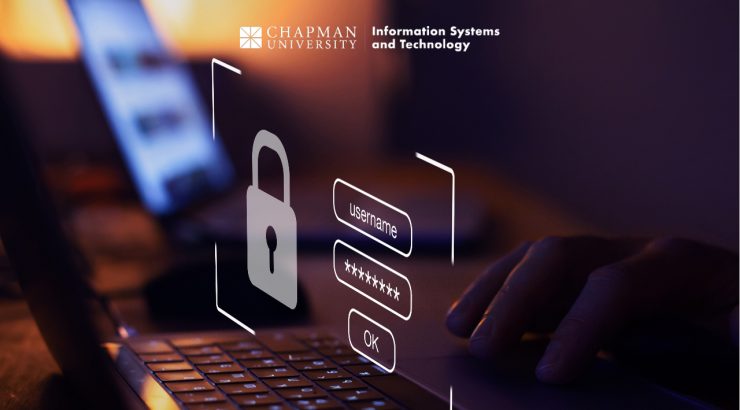
5 Things to Know About Online Privacy in 2023!
February 1, 2023
The data collected by various online platforms and services can be used to identify you and provide personalized services. Some of this includes data about your name, address, interests, purchases, and social security and driver’s license numbers. It can also include information about your physical self, such as how many steps you take, other data collected by wearable devices, and your browsing history. This is why understanding data privacy is essential.
Data privacy protects your personal information from being collected, shared, or used without your knowledge or consent. Without proper protection, this information can be used for targeted advertising, identity theft, or other malicious purposes. Additionally, data privacy is essential for protecting your freedom of speech and association and your ability to control your digital identity.
Here are some quick tips on how to secure your personal data online:
- Know what is considered Personal Identifiable Information (PII). Personally identifiable information (PII) is any data that could potentially identify a specific individual, such as:
- Name, address, and date of birth
- Passport or driver’s license number
- Address, if it can be traced to an individual
- Biometrics: DNA, fingerprints, and voiceprints
- Medical, criminal, or financial history
- Ethnic or racial origins
- Beware of Phishing attacks. Phishing is the technique used by malicious actors (hackers, scammers) to pose as a legitimate service, steal a user’s online username and password, download malware on their computers, and more. To defend against email-based scams:
- Look where you are going: Always check the URL of the page you visit. Scammers will create identical copies of the original emails with a different internet address
- Avoid opening emails from senders you do not know.
- Go to the source: If you receive an email from, say, your bank or an online vendor, use the official communication channels. Go to their official website instead of clicking the link in the email or calling the phone number displayed in the suspicious email.
- Do not provide confidential data via email. No reputable company will ask for sensitive data via email.
- Watch out for Vishing and Smishing attempts. Unfortunately, email is not the only attack vector used by scammers. Short Message Service (SMS) or text messages are also used by scammers to trick users into clicking on links. Voicemails are used to scare people into calling specific phone numbers and getting their information stolen over the phone.
- Do not click links sent to your phone number via text message unless you know the person you are talking to and have communicated with them before.
- Do not send pictures of gift cards. Gift Cards are better handed in person. The busy manager who needs gift cards is a common theme among scammers.
- Do not call the phone number provided in voice messages; instead, use the official phone number posted on the website.
- Social Media and your “Digital Footprint.”: “Digital footprint” is the sum of every trace of activity or identity you leave online. Social media companies collect data about you. The data is used to sell advertising opportunities to businesses or improve the quality of their services. Sharing personal information on social media can give away valuable information about you that can be used to impersonate you or guess your password. This 2019 Forbes article shows how much data social media platforms can learn about you. How to minimize your digital footprint and limit the amount of information shared on social media.
- Do not use anything posted online for your passwords (e.g., graduation year and pet name).
- Posting too many details about your personal life could allow for impersonation/identity theft.
- Read the privacy policy (yes, we know it is boring, but it is necessary). Companies detail in their Privacy Policy how they will use your data and what your rights are.
- Make sure you “Wipe” or “Factory Reset” any personal device you recycle or dispose of; your personal devices could hold a wealth of useful information about yourself. If you are giving away your computer, ensure you properly erase or dispose of its hard drive.
- Report scams you encounter.
- Email abuse@chapman.edu with malicious emails.
- If you have been scammed, visit www.ic3.gov and file a complaint.
Thank you,
Chapman University IS&T

